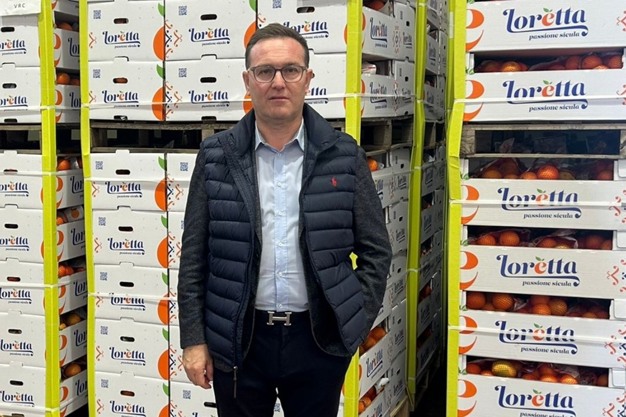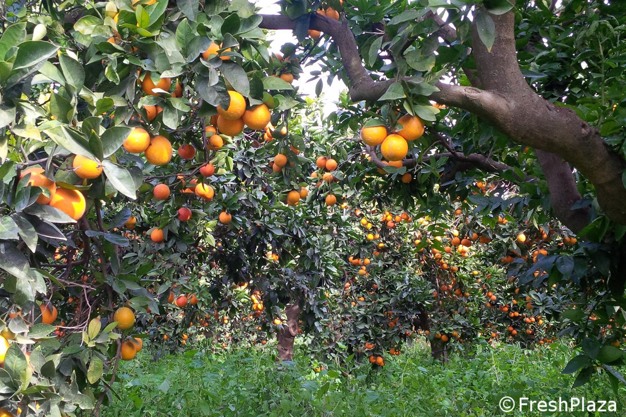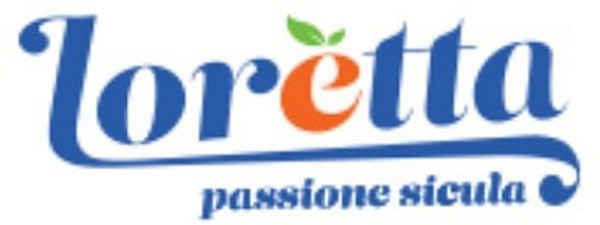The most recent controversy has to do with the import of oranges from Egypt, with Italian oranges remaining on the trees. But is this really the case? After a closer look, it doesn't seem that these complaints are made out of thin air, because the stress on the imported product is very much felt by the Italian producers.
Carmelo Frisenna, commercial manager of Arancia Loretta, spoke about the situation and did not hide his resentment towards the competitive pressure that Egyptian products are having on the Sicilian citrus production, which is already heavily penalized by a production trend that many wish was only a distant memory. Therefore, in the midst of the citrus campaign, the companies are also dealing with this new situation.
 Carmelo Frisenna
Carmelo Frisenna
"Over the past few weeks, the supply of products from Egypt has been getting stronger," said Frisenna. "This is a situation that, in a context of free competition, has no reason to be stigmatized. If it weren't for the fact that the difference in their production costs compared to ours is huge. As a matter of fact, they are not comparable in terms of energy, labor and agri-technical means. It is not news that the standards of production are very different and that our Italian product has a greater margin in terms of guarantees, due to the strict laws on the use of phytosanitary products. More importantly, our product is also largely destined to be exported to northern Europe, where food safety is highly valued."
"If at other times we could compare ourselves with Spain and Morocco without any complications," explains the manager, "this year we are feeling the effects of the Egyptian imports. The situation is no longer sustainable, especially now that our sizes are mostly small, below the usual standards, but without lacking in quality, which in our case is truly excellent in taste and appearance. The Egyptian product has a price range of EUR 0.20/0.25 cents less for the same gauge, which puts us in a difficult situation. The measures we called for, and which the Sicilian regional government has also implemented, seemed a little far-fetched. In any case, we consider them inadequate. A total of seven and a half million euros for the purchase of citrus fruits to be processed into juice for humanitarian and social solidarity purposes is a laudable initiative. However, it does not address the structural problems that the sector has been facing for years, starting with the age-old problem of tristeza (CTV). Perhaps we should have been more assertive, with a broader vision."

"At the moment, prices range from EUR 0.70 cents to about 1 euro for a pigmented crop of good size and extra quality," says Frisenna. "Most crops do not exceed EUR 0.50 cents. If the price is lower than that, then the product will go to the processing industry. The situation is no better when it comes to blond oranges. The average price for the first-choice product is EUR 0.65 cents. In this case, we're talking mainly about Lane Late and New Hall. But even here, if you don't have good distribution channels, you run the risk of a large portion going to the juice processing industry."
For more information:
Uniterra Sicilia Group
Arancia Loretta
Dr. Carmelo Frisenna
Sales Manager
Tel.: +39 348 1329705
E-mail: [email protected]
www.arancialoretta.com
